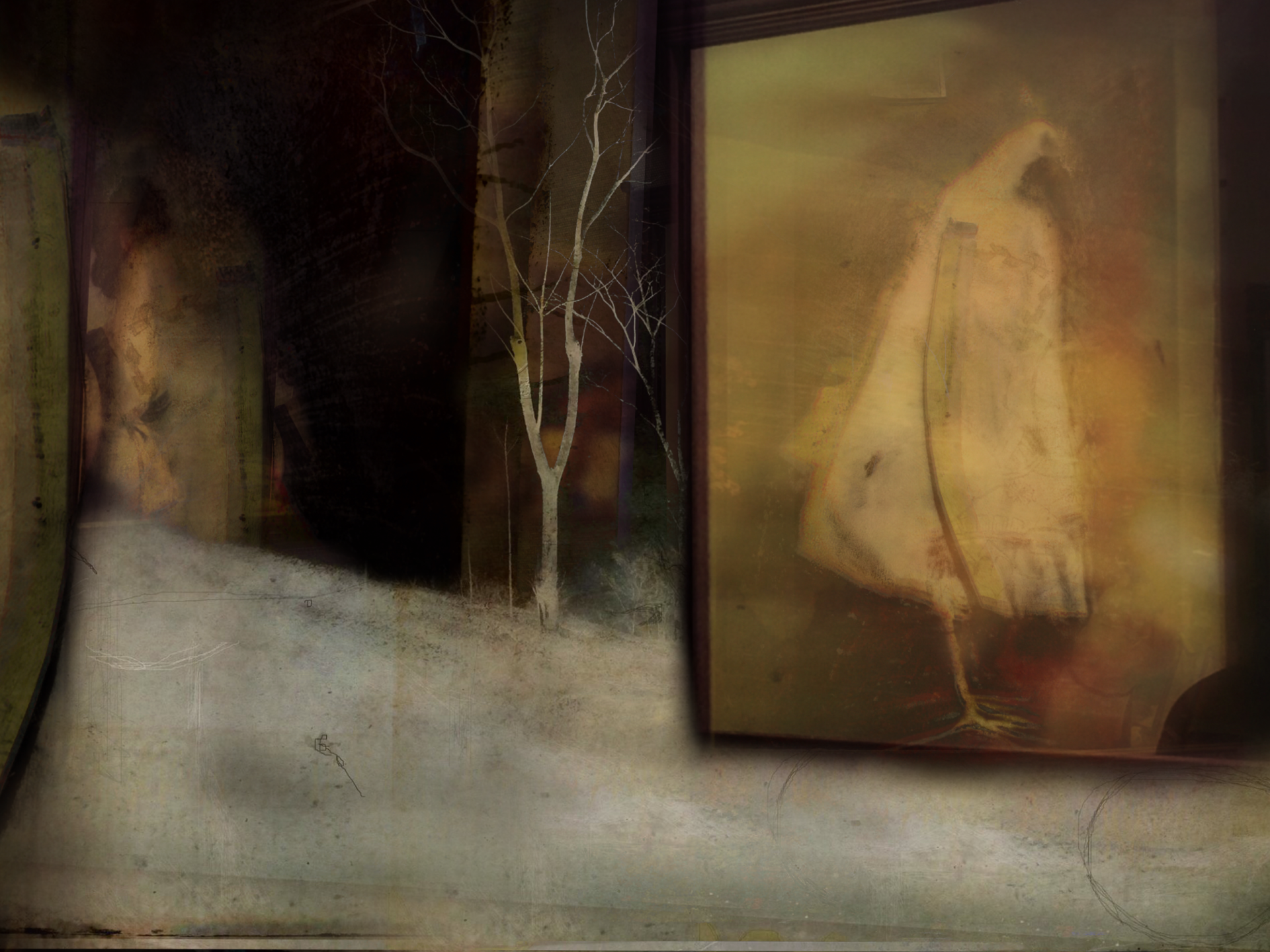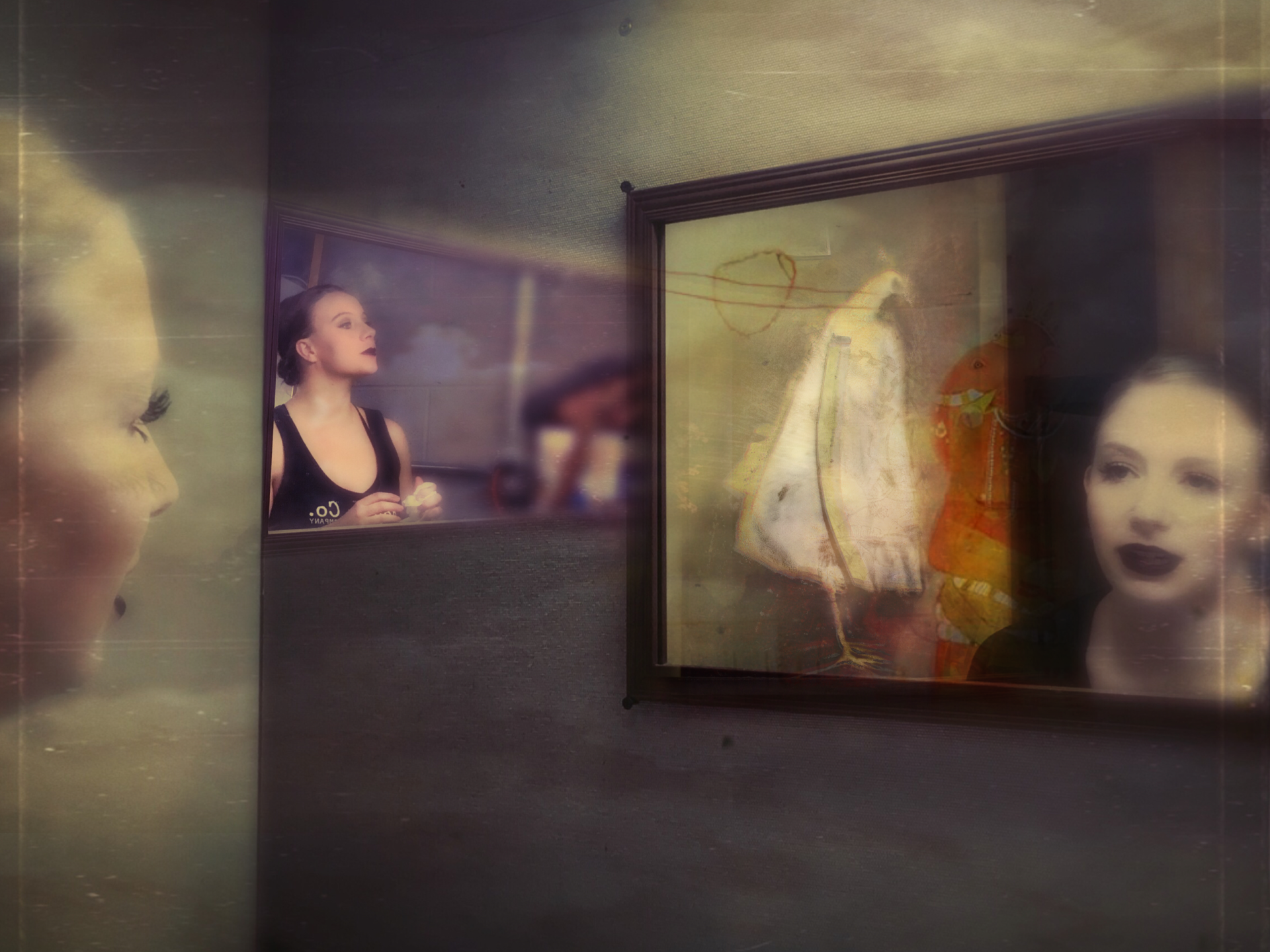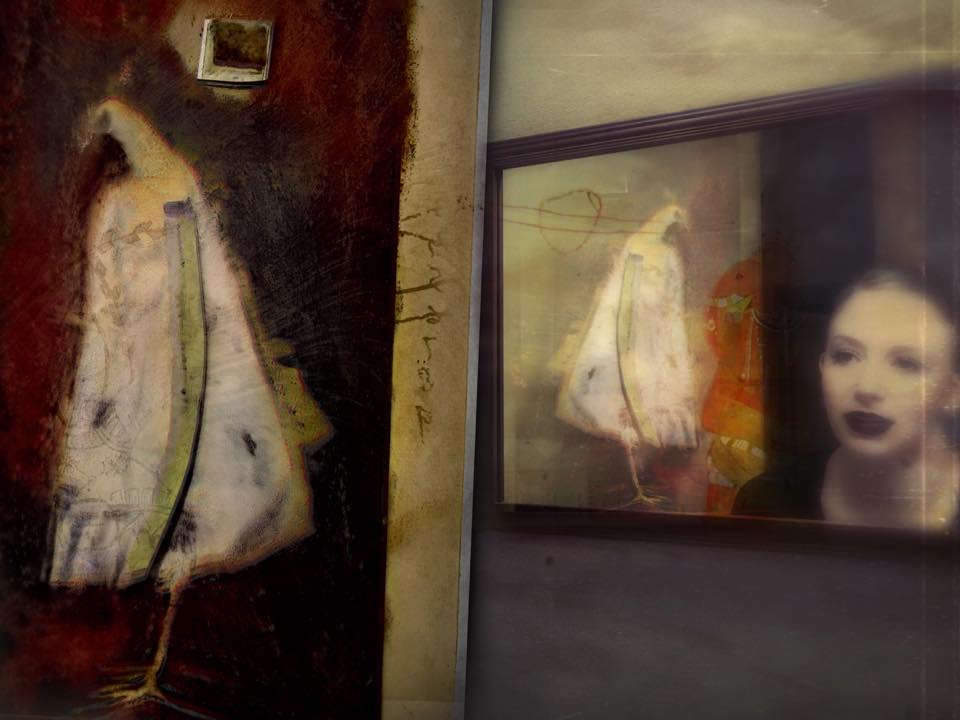 Two men, Vladimir and Estragon, meet near a tree. They converse on various topics and reveal that they are waiting there for a man named Godot. While they wait, two other men enter. Pozzo is on his way to the market to sell his slave, Lucky. He pauses for a while to converse with Vladimir and Estragon. Lucky entertains them by dancing and thinking, and Pozzo and Lucky leave.
Two men, Vladimir and Estragon, meet near a tree. They converse on various topics and reveal that they are waiting there for a man named Godot. While they wait, two other men enter. Pozzo is on his way to the market to sell his slave, Lucky. He pauses for a while to converse with Vladimir and Estragon. Lucky entertains them by dancing and thinking, and Pozzo and Lucky leave.
After Pozzo and Lucky leave, a boy enters and tells Vladimir that he is a messenger from Godot. He tells Vladimir that Godot will not be coming tonight, but that he will surely come tomorrow. Vladimir asks him some questions about Godot and the boy departs. After his departure, Vladimir and Estragon decide to leave, but they do not move as the curtain falls.
The next night, Vladimir and Estragon again meet near the tree to wait for Godot. Lucky and Pozzo enter again, but this time Pozzo is blind and Lucky is dumb. Pozzo does not remember meeting the two men the night before. They leave and Vladimir and Estragon continue to wait.
Shortly after, the boy enters and once again tells Vladimir that Godot will not be coming. He insists that he did not speak to Vladimir yesterday. After he leaves, Estragon and Vladimir decide to leave, but again they do not move as the curtain falls, ending the play.
 We’ve just hit on three big Existentialist tenets that pop up in Waiting For Godot, I mean Waiting for Ganesh.
We’ve just hit on three big Existentialist tenets that pop up in Waiting For Godot, I mean Waiting for Ganesh.
1) Habit is a great deadener…
2) Everyone has radical personal freedom, but with that comes radical personal responsibility. You actually do have the choice but the consequences of your actions make it seem as though you’re without a choice in the matter.
3) The world is absurd and so is the fact that you really feel like you must participate in it.
This is, after all, a play about two characters who wait every. single. day. for a guy named Godot to arrive (hence the “great deadener” bit). This is a play about guys who can’t wrap their heads around the fact that they don’t have to wait for Godot (they think they have no choice). And, finally, Waiting For Godot makes us uncomfortably aware about the very thin line that separates the normal (say, taking off your shoes) and the absurd (say, taking off your shoes multiple times in a row).
Dive right in and wait for Godot and you’ll end up taking a long, hard, hilarious, absurd, ridiculous, depressing, and thought-provoking look in the mirror.
Sparknotes.com and Shmoop.com
